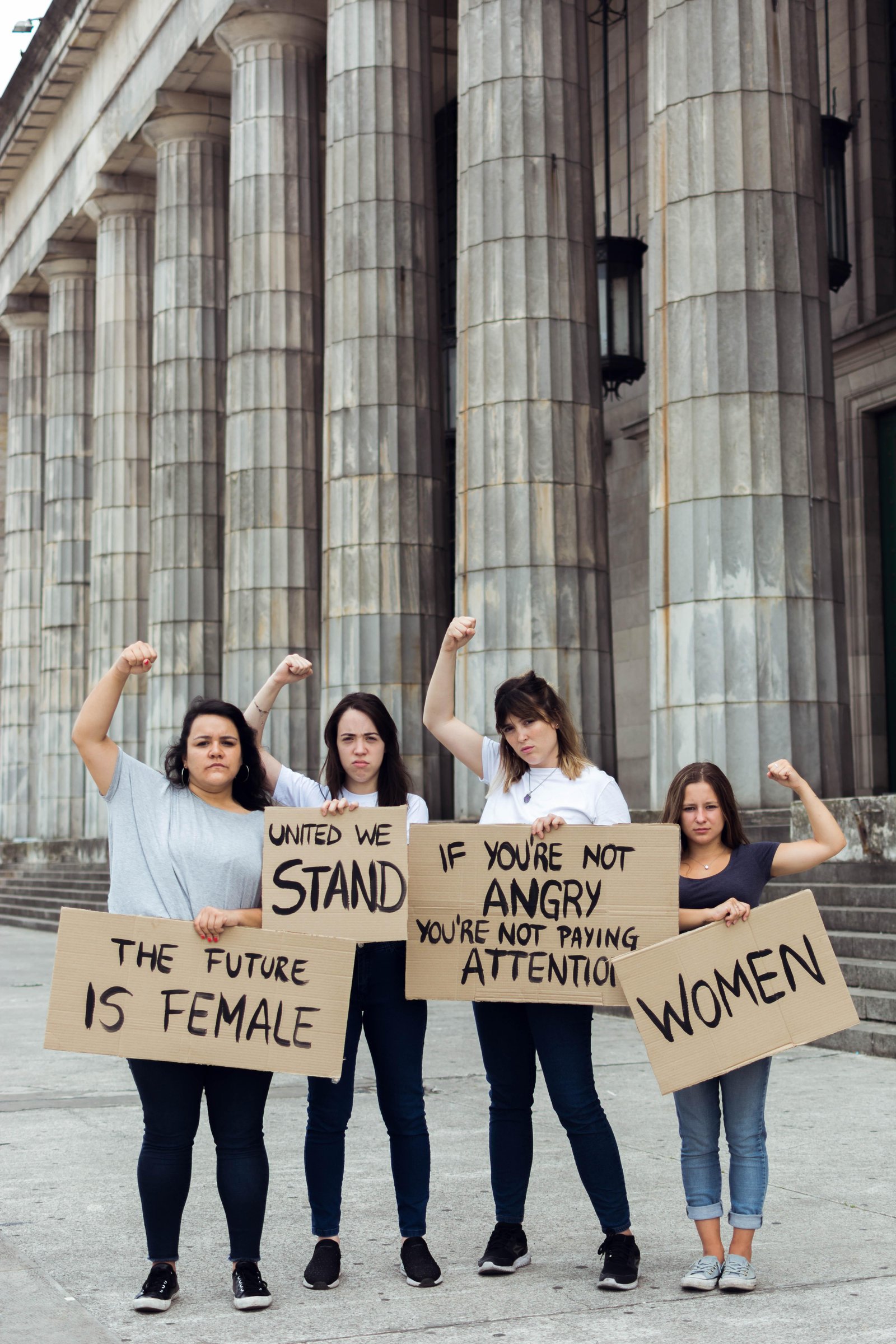No products in the cart.
An in-depth look at gender equality laws, women’s rights, and empowerment initiatives in Laos

Gender equality in Laos reflects a balance between traditional values and modern reforms. The Lao government has adopted international conventions and national laws to strengthen women’s rights. This article explores the progress of women in education, politics, and the economy, along with challenges that remain.
Legal Framework
The Lao Constitution guarantees equal rights for men and women. Laws on labor, inheritance, and property rights support women’s participation in society. The country is also a signatory to the Convention on the Elimination of All Forms of Discrimination against Women (CEDAW).
Women in Education and Employment
Education reforms have increased female literacy rates, especially in urban areas. Women play key roles in agriculture, trade, and services. However, rural women still face barriers to higher education, and wage inequality persists in professional sectors.
Political Representation
Laos has introduced quotas for female representation in government. Women currently hold positions in the National Assembly and ministries, but participation remains below 30%. Capacity-building programs are being implemented to encourage female leadership.
Challenges and Opportunities
Cultural norms, limited rural infrastructure, and domestic violence are key challenges. At the same time, NGOs and international organizations are actively promoting women-led entrepreneurship and gender-sensitive policymaking.
Conclusion
Laos has made notable progress in gender equality, but deeper reforms and continued education efforts are essential to achieve lasting empowerment.
About CITS Laos
CITS Laos partners with NGOs and businesses to support women-led enterprises, workplace equality, and compliance with gender-focused laws.